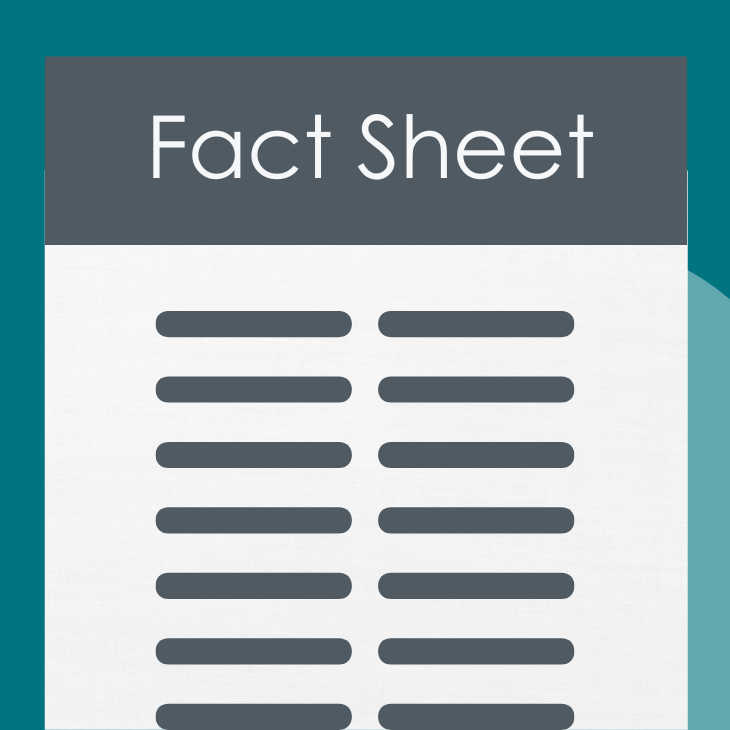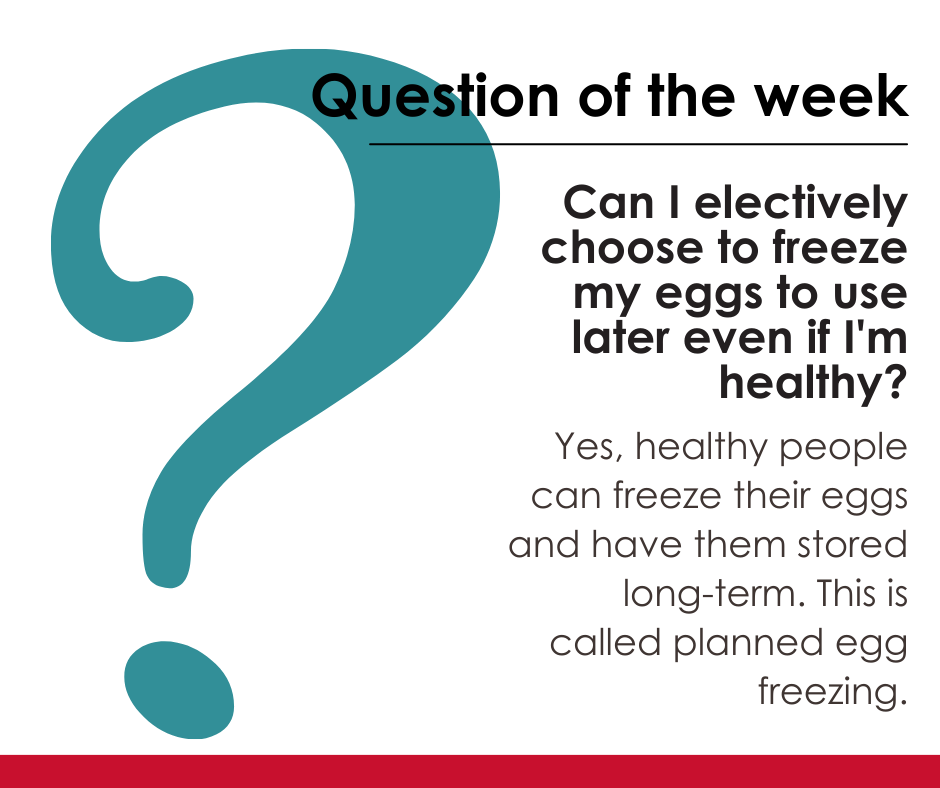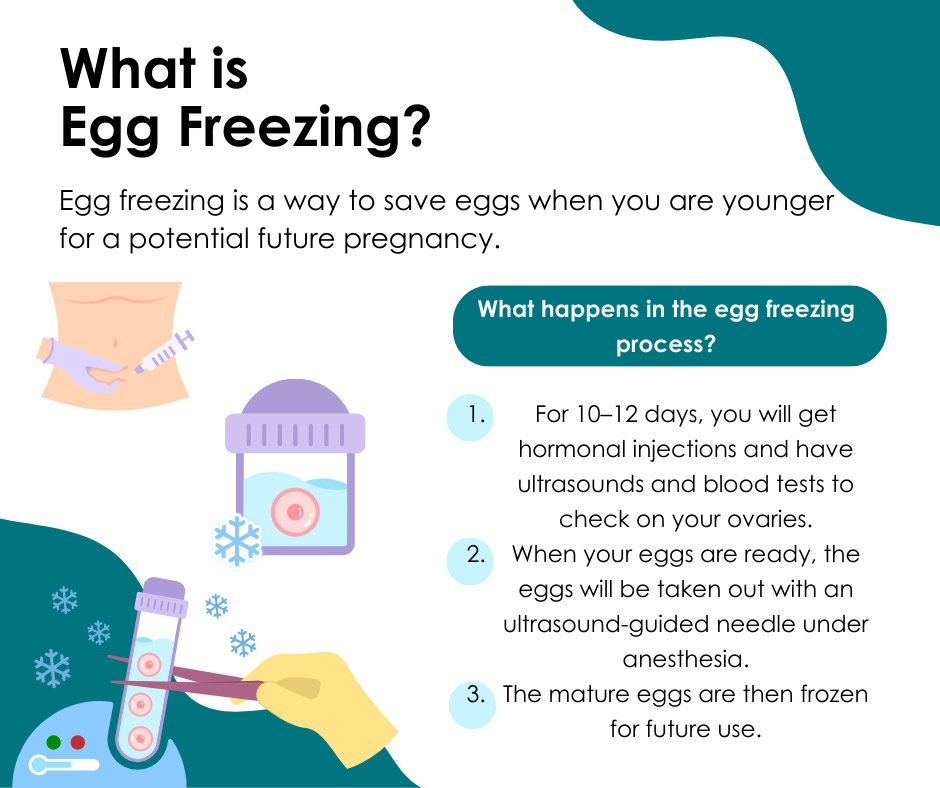
CAN I FREEZE MY EGGS TO USE LATER IF I'M NOT SICK?
Revised 2023
 Why would I want to freeze my eggs?
Why would I want to freeze my eggs?
The risk of having difficulty getting pregnant increases with age. This is due to both a decline in quantity, as well as quality of eggs with time. At birth, the ovaries have about 1-2 million eggs, and new eggs are not made afterward. The egg count continues to decline naturally even before puberty, at which point there are about half a million eggs. The count then decreases more rapidly from age 35 to 40 and eventually is depleted by menopause. The quality of eggs also declines, which may increase the risk of miscarriage and chromosomal abnormalities (for more information, please refer to ASRM booklet titled Age and Fertility). Biologically, the highest before the age of 30. However, there are many professional, social, and health reasons to consider deferring pregnancy until the time is right.
What does egg freezing involve?
The actual treatment process is like the first part of in vitro fertilization (IVF) used to treat some patients with infertility (For more information about IVF, please refer to the ASRM booklet titled Assisted Reproductive Technologies).
Daily self-administered injections for approximately 10-12 days helps more than one egg to mature and develop. During this time, blood levels and ultrasounds are done to track the ovaries’ response to the medicines. An egg retrieval is then performed.
This is a brief outpatient procedure (15- 30 minutes typically) under light anesthesia to retrieve the matured eggs from the ovaries. Once removed, the eggs are then inspected by an embryologist (a trained scientist) and frozen the same day.
Will my frozen eggs guarantee a future baby?
Unfortunately, no.
The chances that one frozen egg will yield a baby in the future are only about 2-12%. The pregnancy rate per frozen egg drops further with age. The chances that an egg develops into a successful pregnancy in the future depends on both the age at the time of freezing, and the total number of eggs frozen (since more eggs may mean more tries at pregnancy in the future).
Is there an age cut-off after which I shouldn’t freeze eggs?
Before starting a freezing cycle, speak with a fertility specialist (reproductive endocrinologist) who will offer screening tests (blood work and ultrasound) to determine if egg freezing is appropriate.
Everyone is different and it’s not possible to precisely predict how long someone will be fertile over time. For example, some people in their early 40s do not suffer from infertility. However, most experts agree that planned egg freezing is most likely to be successful when the eggs are frozen before the age of 38.
If I have eggs frozen, does this mean I can delay starting to have a family until I’m much older?
Having cryopreserved eggs is not a guarantee of a future baby, but the decision of when it’s best for an individual to become pregnant is a personal one. One concern about egg freezing is that some may have a sense of “false security” after freezing eggs. Delaying pregnancy further may ultimately result in a lower chance of pregnancy (whereas trying at an earlier age may have resulted in greater success).
Will my insurance cover egg freezing?
Some but not all insurance plans cover elective egg freezing, you should check with your insurance to learn more about your benefit and what conditions apply.
 What costs are involved?
What costs are involved?
Ask for more information at the time of your consultation. Typically, costs can be divided into 3 broad phases:
- Consultation, testing, medications, stimulation and egg retrieval
- Storage of eggs until use (usually an annual fee)
- Use of the eggs to attempt pregnancy in the future
- Planned egg freezing is an option to increase the chances of having a biological child later in life.
- Freezing eggs is not a guarantee of future pregnancy or having a child.
- Not everyone is a candidate for egg freezing.
- Egg freezing typically works best for those in their 20s to early 30s and is not commonly recommended for women over 38 years.
Fact Sheets/Booklets
View more fact sheets and booklets written by the ASRM Patient Education Committee.
Menopausal Transition (Perimenopause): What Is It?
The menopausal transition (perimenopause) is the period that links a woman’s reproductive (childbearing) years and menopause.
Osteoporosis
Osteoporosis and osteopenia are conditions of having low bone mass (density).
Hyperprolactinemia (High Prolactin Levels)
Prolactin is a hormone produced by your pituitary gland which sits at the bottom of the brain.Fertility Preservation
Find a Health Professional











